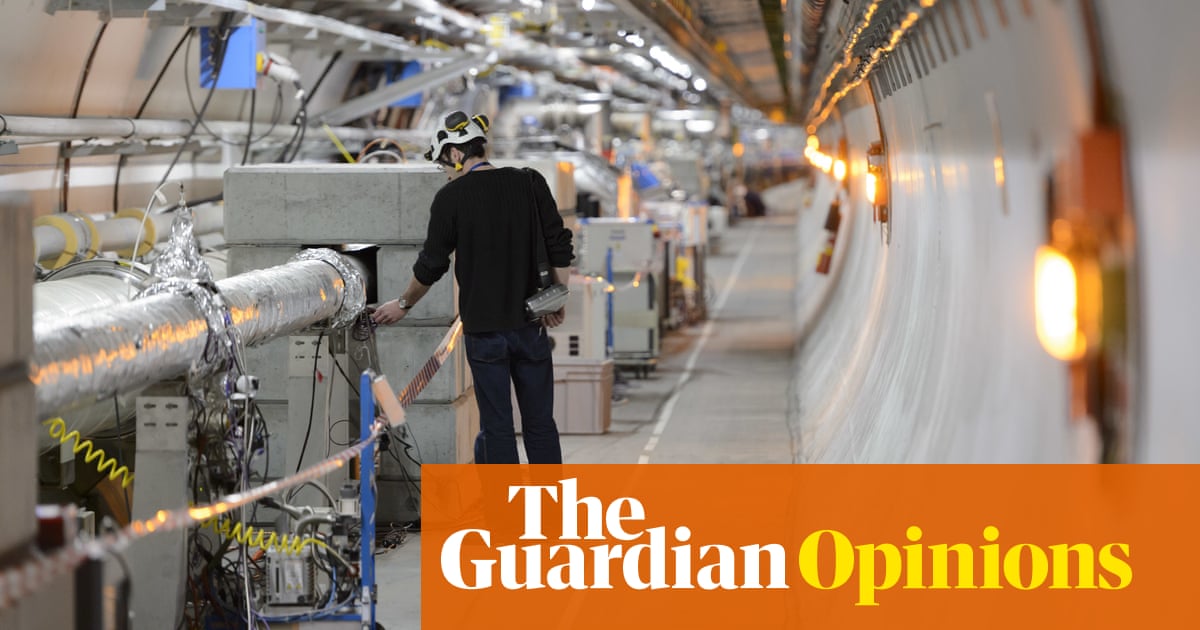Interesting analysis from my favorite severe no nonsense physics youtuber gal (who also used to randomly post vids of her doing cover songs to peoples' general confusion lol).
Good bit at the end speculating on the material economic basis for this (useless) way of doing science. People make careers on this fluff that amounts to nothing.



Now the game designer in me is wondering what a more realistic (but still fun) research system in a game would look like.
Semi-random precursor concept events that unlock the ability to do focused engineering projects to actually apply those, but which will gradually happen eventually and which propagate rapidly once they become public knowledge. Pair it with a development of industrial capital thing, where you need the material capacity to actually do something with it too. That's probably the most concession to reality you can make while talking about a game genre where you're basically playing as an immortal alien spirit that can unilaterally shape entire civilizations and cultures to focus their efforts where you want.
So something like basic metallurgy would go something like: pottery "factory" spawns event about copper ore in glaze (AFAIK the actual theory about where people figured out basic metallurgy from to start with) yielding hard, sharp material or w/e, the player can focus artisans on building a prototype forge to make more crude copper, and from there it becomes more sophisticated with use until copper foundries become a normal thing that you can just have built, etc.
You fund random scientific research and get random results and whether or not they're useful is determined by what you do with the results?